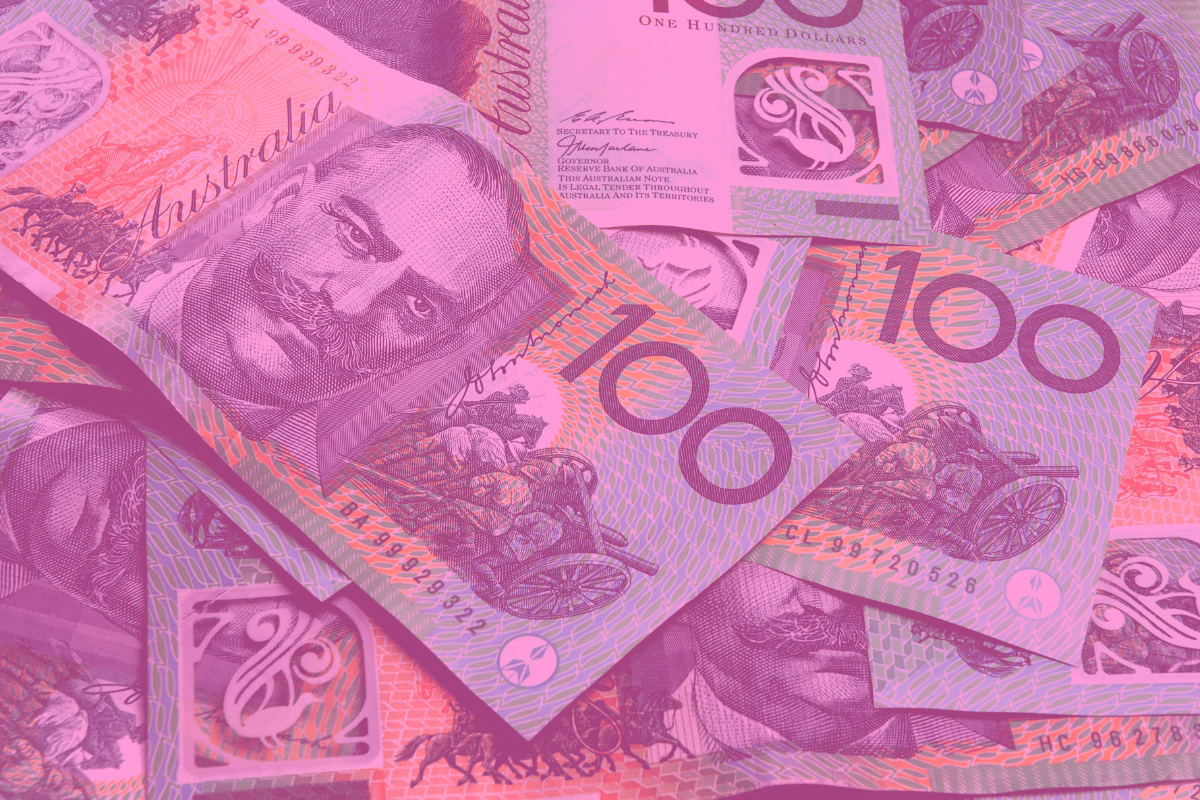
Anyone else feeling a teeny tiny bit OVERWHELMED by questions around money right now? Please tell me it's not just me...
Cost of living is at the forefront of most of our minds, and was considered a big-ticket item for the government to work on in the recent federal budget. Although there were a few measures introduced to help mitigate the pressure, it's fair to say that the stress remains.
This week, we received word of yet another interest rate rise. Fun fact: this is the 12th rate rise in just over a year. Actually, reflecting for a moment, perhaps this fact isn't so fun.
Two of the biggest questions on our lips are the following:
Number one: Why are interest rates rising?
And number two: When will interest rate rises stop?
So, to provide some juicy money details, we spoke to the economic experts.
Watch: 5 money lessons your parents told you, that you should probably forget. Post continues below.
Here's what they had to say.
Dr Zac Gross, a Lecturer in economics at Monash University. From 2011 to 2013, he worked as an economist for the Reserve Bank of Australia.
Dr Gross tells Mamamia that the reason we've seen so many interest rate rises in the past six months comes down to the Aussie Government spending too much money during the pandemic to support our national economy.

Top Comments
A study has just been completed where it was found that 1 in 4 home buyers are buying in cash, so no mortgage. So if 1 in 4 home buyers own their home outright, they aren't going to be impacted by wage rises, so have more disposable income. So that is a lot of people not impacted by rate rises and are still consuming. So surely that has an impact on the slowing down of interest rates. So why does the RBA seem set on just raising rates, when it's just widening the gap between rich and poor and those impacted have already curbed household spending? Surely it's unprecedented to have so many people owning a home outright, so the same old thing that used to work probably isn't?